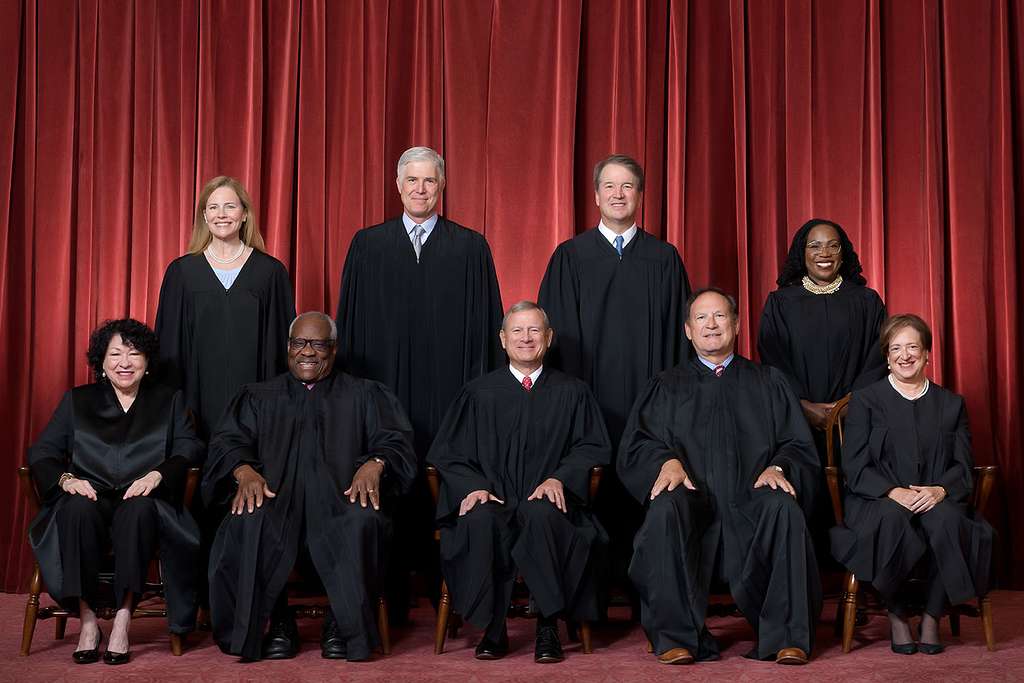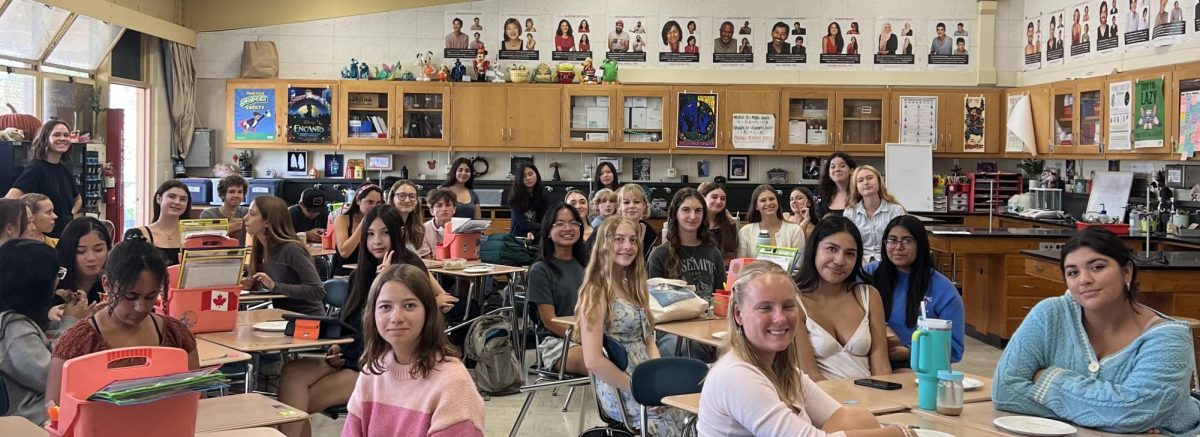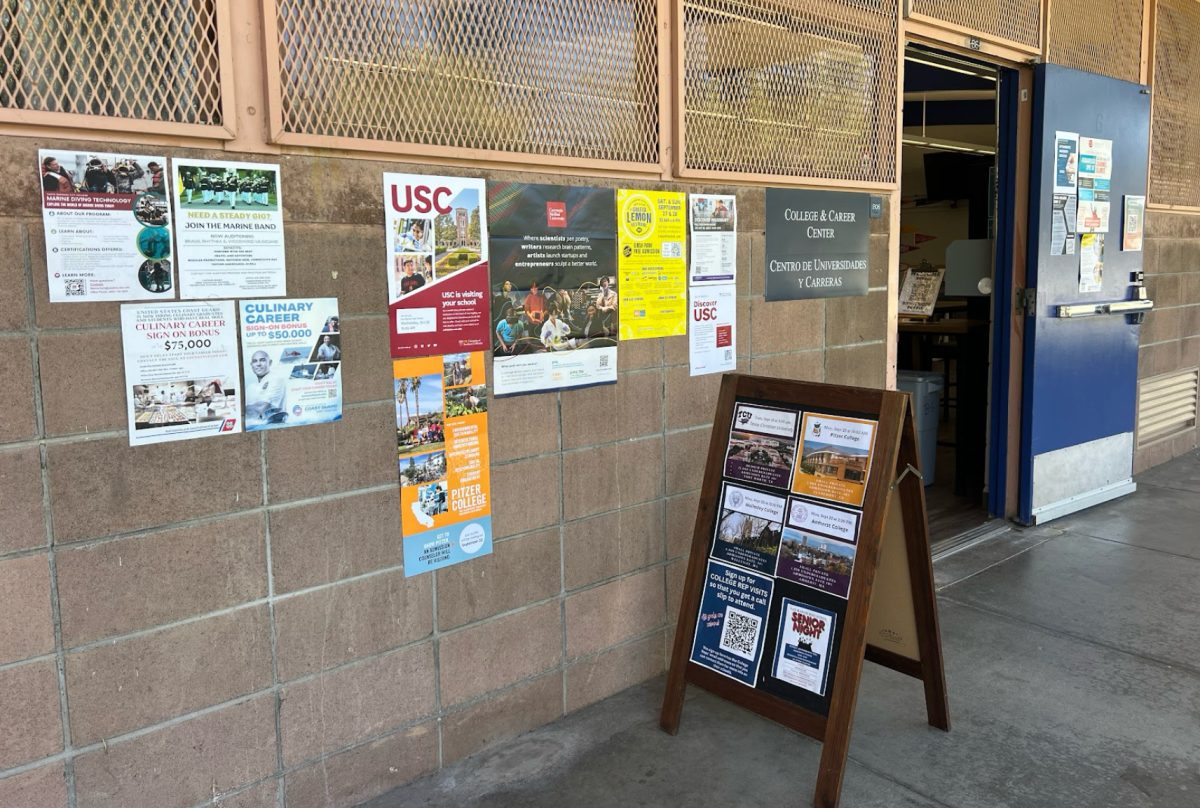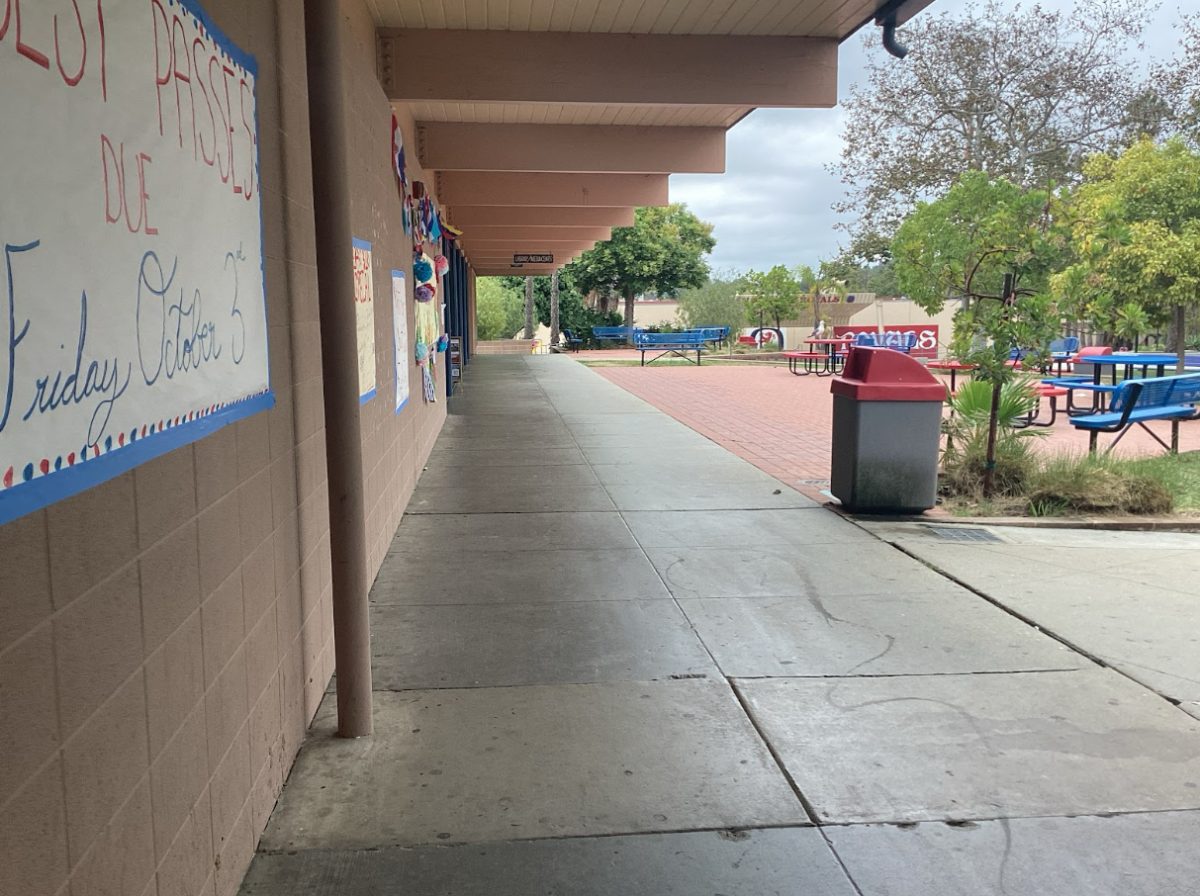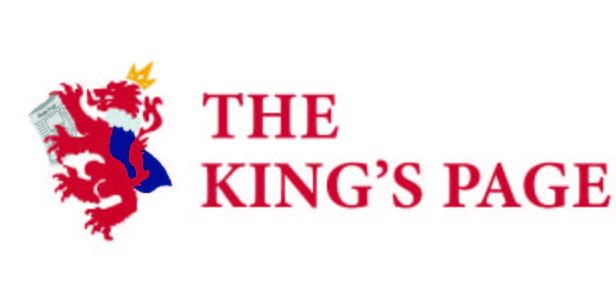Silicon Valley Bank Shutdown

The SVB crashed this month.
On March 10th, 2023, the Silicon Valley Bank collapsed, another sign of the imminent economic recession. This is the largest bank collapse since the financial crisis in 2008. Currently, inflation has been skyrocketing, which has caused the US Federal Bank to increase their interest rates, and caused a huge problem for the SVB. You see, this bank attracted a lot of tech start-up companies who made a lot of money during the pandemic. The SVB invested many of these deposits in government bonds (known as a safe way to store money), whose value dropped with the interest rate increase, and caused the problems that led to the collapse.
After the Great Depression bank runs, (when depositors showed up at banks to withdraw all their money) the U.S. government passed a law saying that a certain amount of cash deposits (currently $250,000) are insured and protected for each customer. While the majority of people do not keep that much in a bank, Silicon Valley Bank was different. Around 50% of their depositors were venture-backed start-ups that were using business accounts to cover costs such as payroll. It made sense for them to keep all the money in one location (SVB) rather than spread along several banks. So, because 95% of SVB’s deposits were greater than $250,000, they were not insured by the FDIC (Federal Deposit Insurance Corporation). SVB, in hindsight, had too high a concentration of that type of customer, so when all the venture capitalists started getting worried, everything went to the gutter.
As of Wednesday, March 2022, interest rates jumped by 2.5%. As interest rates go up, U.S. government bonds become of less value. Usually it does not matter whether the value of these bonds go down because people/businesses hold them until their maturity (10 years). In this case though, when depositors of the SVB began rapidly withdrawing their money because of a rumor that the bank had bad management, Silicon Valley Bank had to liquidate those bonds into cash, selling those bonds at a loss. (This is because banks do not hold all the money in their vaults and instead issue loans to businesses and buy bonds for profit. Also, the increased interest rates made people less inclined to get a loan so Silicon Valley Bank bought more of those government bonds which they probably should not have done.) Once word spread of this fiasco, more panic ensued and more depositors started getting scared because all of their money lay uninsured in the SVB. Nowadays it is so easy to withdraw money from banks with mobile banking apps; with a simple click, thousands can be taken out of your account. $42 billion in deposits at SVB were removed from accounts there, causing the bank to be forced to shut down, and get seized by the FDIC.
New York’s Signature Bank failed shortly after. To prevent a systemic collapse of banks in America, the government insured 100% of all deposits (above the $250k) at Silicon Valley Bank and Signature Bank, meaning that depositors would get all of their money back.
So, what does this mean for the future in finance? Mr. Oleson, the finance teacher at San Marcos said, “It’s a turning point in deposit insurance and can guarantee that more than $250,000 will be protected by the government after this. Coming out of the great recession, more people now are moving deposits to Chase and Wells Fargo which are too big to fail [for the government to let fail], so it’s going to hurt competition in the banking industry and we’ll be talking about this one for a long time.”
Already regional banks like First Republic are having difficulties because they are smaller in comparison to the big banks that we know. Even globally the crisis has spread with the recent news of Credit Suisse, a Swiss national bank, being taken-over by UBS (Union Bank of Switzerland) to stabilize and protect the Swiss economy from the problems they were having.
Mr. Oleson summed this up well, “In another world where we weren’t having the worst inflation in 40 years and therefore the federal reserve wasn’t having to raise [interest] rates as much as it did, then Silicon Valley Bank would have been fine in that long term bond play that they’d been doing.”
Your donation will support the student journalists of San Marcos High School. Your contribution will allow us to purchase equipment and cover our annual website hosting costs.

Evelina Erickson is a senior at San Marcos High School. It is currently her fourth year with the King’s Page. For the past two years she has been the...

Elizabeth is a senior at San Marcos High School. Opinion is her favorite section, and she has essentially monopolized it for two years now. She loves anything...


